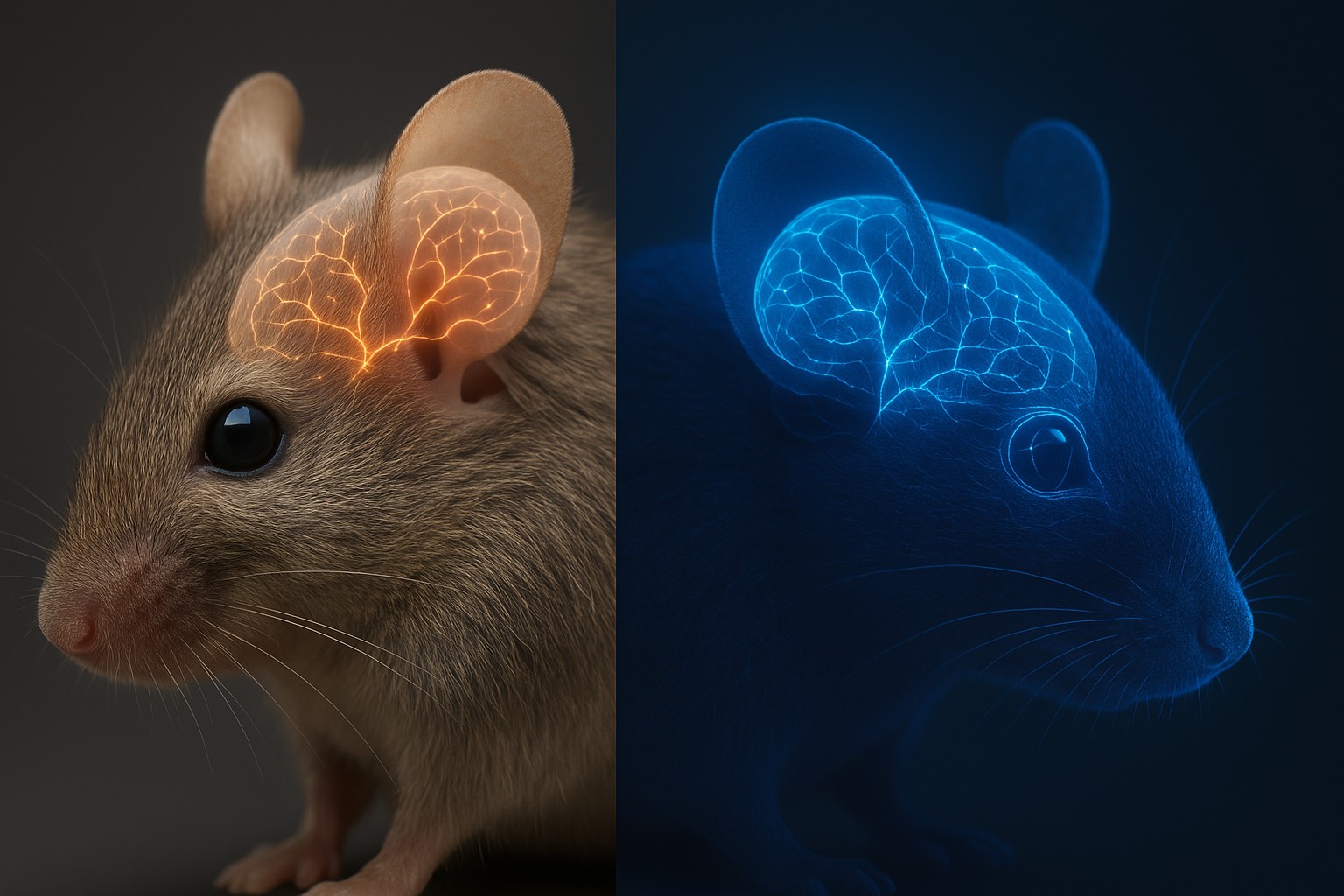Intrexon Stock Offering Generates $230 Million
Intrexon Stock Offering Generates $230 Million
The synthetic biology company Intrexon Corporation recently announced the closing of its public stock offering, which garnered $230 million dollars from the sale of more than 5.5 million shares in the course of a week. This is just the latest in a long string of good news for the company, which has seen its stock price and revenue stream increase rapidly in the last year.
Intrexon’s synthetic biology efforts are broad in both application and scope. Along with a long list of collaborators, the company is working to develop products in the healthcare, energy and food industries. Just to name a few, Intrexon is engineering designer proteins to enable novel cellular capabilities, microbes to turn natural gas into isobutanol (an alternative fuel source), fungi to become protein production factories, and T-cells to function as sentinels for selectively destroying cancer cells. In addition to these products, Intrexon has bought-out three companies this year: Oxitec, which works on insect control solutions, Okanagan, a company that develops apples that never go brown, and ActoGeniX, which engineers probiotics to deliver therapeutics. These purchases have even further expanded the breadth of Intrexon’s market reach.At their foundation, many of these products utilize two Intrexon technologies: UltraVector and RheoSwitch. Ultravector is a software system for the rational design of genetic circuits from a library of characterized genetic components. This system uses high-throughput and computationally guided methods to facilitate the design-build-test process. RheoSwitch allows transgenes introduced into human cells to be expressed at different levels by supplying a small molecule that could be taken orally by patients receiving gene therapy. The system aims to improve the safety of these future therapies and can also be used to modulate gene expression in other eukaryotic organisms.
When implemented, Intrexon’s BeyondBio™ portal will facilitate faster and more efficient collaboration, enabling partners to tap into Intrexon's proprietary database and technologies remotely from their own facilities.
While UltraVector and RheoSwitch may be utilized at the core of many of the company’s products, the company’s cash cows are cows. Literally. In August of last year, Intrexon purchased Trans Ova Genetics, which specializes in cow reproductive technologies and is the largest seller of cow embryos (used for breeding) in the United States. As a result, Intrexon’s investment is paying huge dividends, with 90% of its 2014 product revenue coming from the cattle business. While Intrexon’s ultimate plans in this area are not clear, the speculation is that they could use their synthetic biology expertise to engineer bovine embryos to generate superior breeds for beef and dairy production.
The $230 million earned from the stock offering will be used by Intrexon to bolster its current business and to help it acquire even more companies. Indeed CEO R.J. Kirk recently commented on the company’s success in “grow rapidly across an ever-diversifying array of great product candidates” and “making acquisitions that provide positions of genuine industrial leadership”. Only time will tell what area Intrexon will expand into next.



.svg)












.gif)